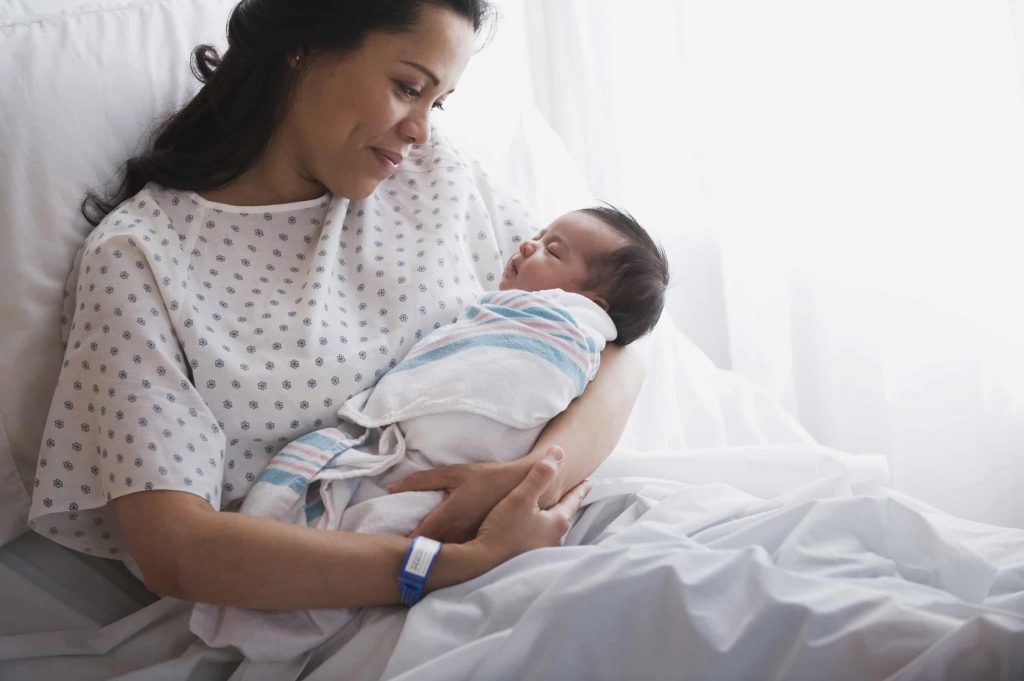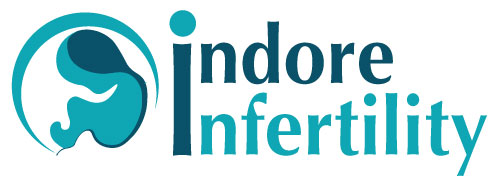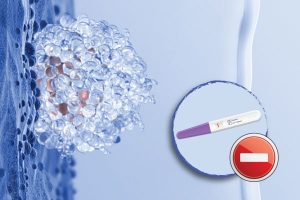
What is Embryo Donation
Embryo donation is a process in which a couple receives embryo’s from the ART Bank.
When is Donor Embryo Recommended?
Embryo donation may be recommended to couples when:
- Both partners have some issues due to which they cannot produce eggs and sperms of their own and hence are unlikely to conceive using their own gametes.
- You and your partner are at risk of passing on a genetic disorder to a child.
- You are single and have gone through menopause.
Is the Identity of Embryo Donor Known?
This means donors and recipients do not know each other’s identities. With an anonymous donation, no contact can be made between donor and recipient, either now or in the future.
How is the Donor Embryo Process Done?
An Embryo Transfer during the Donor Embryo Program is similar to Embryo transfer of IVF Cycle.
Your doctor will transfer one or two embryos into your uterus through your cervix with a thin catheter.
To avoid the risk of a multiple pregnancy, usually no more than two embryos are transferred. It is recommended that embryo transfer from donated eggs or embryos takes the age of the recepient into account , so your doctor may recommend transferring only one embryo.
Advantages of Donor Embryo’s
Donor embryos will come from donors where the sperm donor is under the age of 45, and the female is under the age of 35. As fertility decreases with age, these younger embryos tend to be more viable, and so success rates for donor embryos tend to be higher than traditional IVF.
Risks Involved
A pregnancy resulting from embryo donation has the same risks, to the baby and the recipient, as any other pregnancy with the additional consideration of the age and medical conditions of the recipient.
Success Rate of IVF with Donor Embryo’s
The success rate are slightly higher than standard IVF treatment. This is because the eggs are always donated by fertile women aged under 35 years, and the sperm from men age 45 or under.




